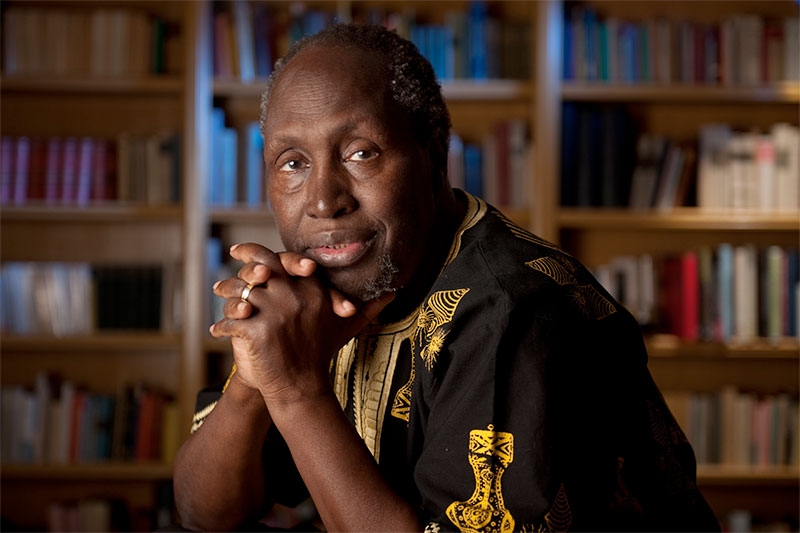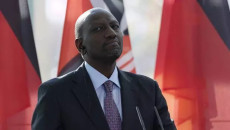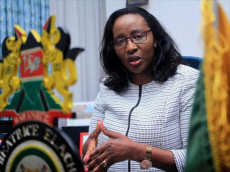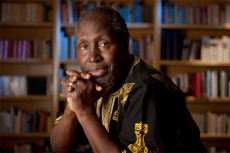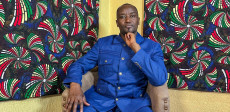- Ngũgĩ wa Thiong’o's life was a testament to the power of words to challenge, heal, and transform. His relentless pursuit of truth and justice, often at great personal cost, serves as an enduring inspiration.
On May 28, 2025, the world bid farewell to Ngũgĩ wa Thiong’o, a towering figure in African literature and a relentless advocate for decolonization and social justice. He passed away at the age of 87 in Buford, Georgia.
Ngũgĩ's legacy extends beyond literature, deeply influencing Kenya's political landscape and inspiring generations to challenge oppression through the power of language and storytelling.
A renowned Kenyan writer, academic, and public intellectual, Ngũgĩ wa Thiong’o is best known for his works of fiction, drama, and literary criticism that explore themes of colonialism, identity, and liberation.
He grew up during British colonial rule in Kenya, with his early life shaped by the impact of the Mau Mau uprising.
Ngũgĩ was the first East African to publish a major novel in English (Weep Not, Child, 1964) but later became a strong proponent of African languages, choosing to write in his native Kikuyu.
Read More
Celebrated as one of Africa’s most important intellectuals and literary voices, he used language and literature as tools of resistance and cultural revival.
His influence extended beyond literature into the heart of Kenya's political consciousness. His works shaped movements advocating for democracy, human rights, and cultural pride.
By writing in Kikuyu and promoting indigenous languages, he challenged the dominance of colonial languages and emphasized the importance of cultural identity in nation-building.
Ngũgĩ's seminal works, including ‘Weep Not, Child’, ‘Petals of Blood’, and ‘The Wizard of the Crow’, not only critiqued colonialism but also held a mirror to post-independence governance, exposing corruption and inequality.
Various political leaders have mourned him on social media, with former Deputy President Rigathi Gachagua stating, “He was one in many; a mentor, a teacher, a prolific writer, a poet, an honest man, and a great political animal.”
President William Ruto remarked, “Thiong'o, the towering giant of Kenyan letters, has put down his pen for the final time. Always courageous, he made an indelible impact on how we think about our independence, social justice, and the uses and abuses of political and economic power.”
Ngũgĩ wa Thiong’o's life was a testament to the power of words to challenge, heal, and transform. His relentless pursuit of truth and justice, often at great personal cost, serves as an enduring inspiration.
As Kenya and the world mourn his loss, his writings remain a clarion call to uphold the values he so passionately championed. In honoring Ngũgĩ, we are reminded that the pen can indeed be mightier than the sword.

